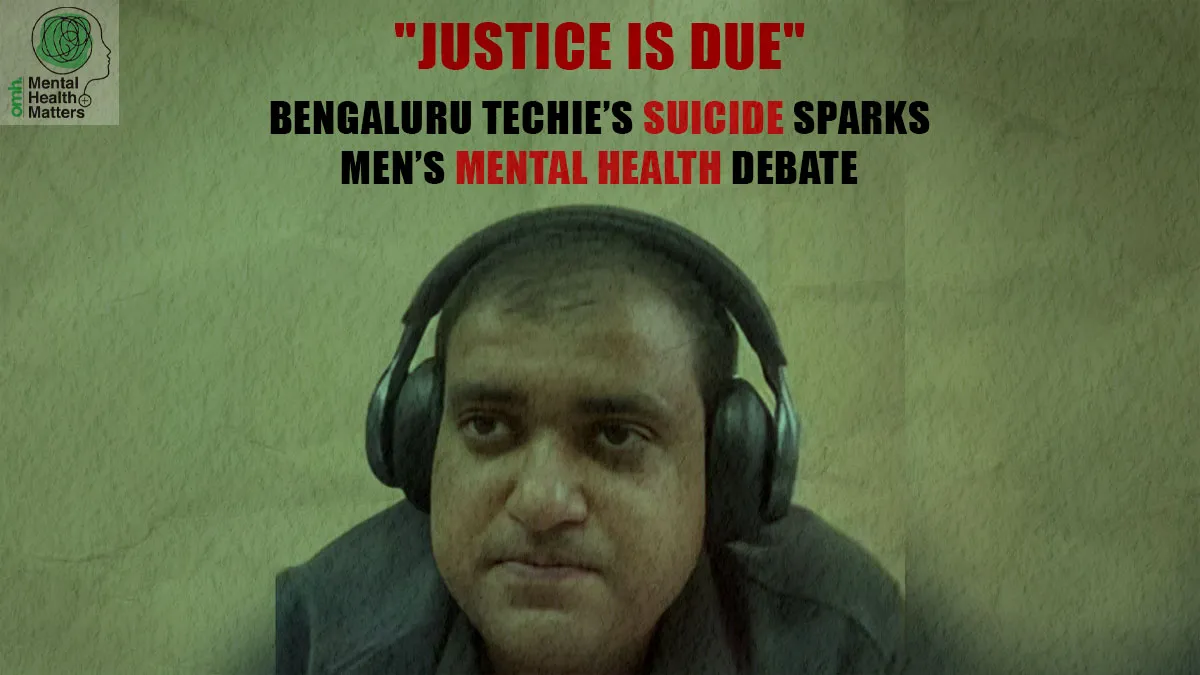
The news of a death is always distressing, but it becomes even more heart-wrenching when the cause is suicide. The recent suicide of 34-year-old Bengaluru techie, Subhash Atul, has ignited discussions about men’s rights and systemic inequities in India’s legal framework. Atul left behind a 24-page note and an 81-minute video narrating his ordeal. A senior executive at a private firm found Subhash hanging in his Bengaluru home on 9th December. His death comes amid allegations of persistent harassment by his estranged wife and in-laws, compounded by frustration with a biased judicial system.
Table of Content:-
CHECK YOUR
MENTAL HEALTH

Atul’s suicide note, with the words "Justice is due" written on every page, revealed claims of harassment and legal battles initiated by his wife, Nikita Singhania.
In his video and note, he alleged emotional distress caused by marital discord, multiple legal cases, and consistent harassment by his wife, her family, and the judicial system. While the courts decide if the allegations are true, it's important to examine the mental health impact of such experiences.
According to a 2022 study, India has the highest number of suicides in the world, with Indian men making up a quarter of global cases. Meanwhile, Indian women represent 36% of global suicides among those aged 15-39.
The National Mental Health Survey 2015–2016 reveals that 13.9% of men and 7.5% of women experience mental health issues. The high prevalence of external deaths and mental health challenges is linked to complex gender dynamics, including stereotypes that men must appear strong, along with life-related stress and societal pressures.
The Weight of Legal Battles
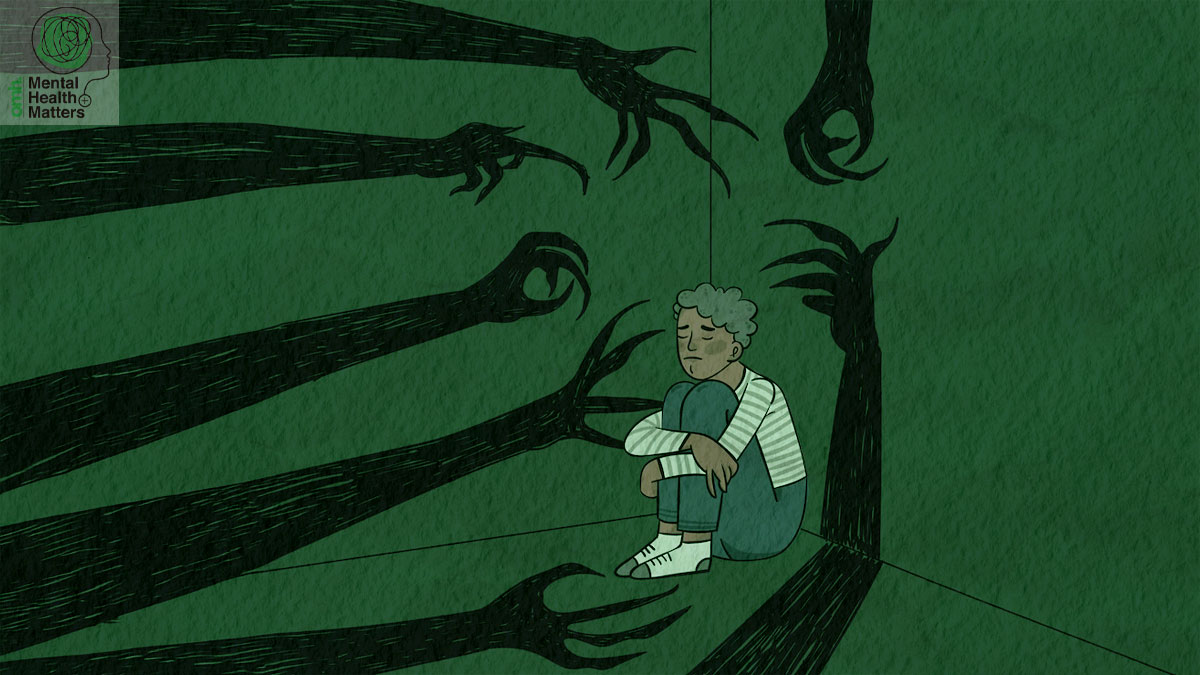
Atul's family revealed that he had been overwhelmed by ongoing legal battles, which had a profound emotional and financial toll. According to his father, recent unfavourable court verdicts exacerbated his sense of hopelessness.
The First Information Report (FIR) filed after his death states that Atul’s wife had allegedly demanded ₹30 lakh for allowing him to meet their son, and ₹3 crore to settle the cases.
Prolonged legal proceedings often exacerbate stress and feelings of helplessness. “A court proceeding can invoke wide range of emotions, such as stress, paranoia, agitation, anxiety, frustration, suicidal thoughts, shame, guilt, and pessimism. One can also have flashbacks, uncertainty of the outcome, nightmares, and symptoms of Post-Traumatic Stress Disorder (PTSD). However, the reactions may differ from person to person and the circumstances of the events learned to the court proceedings,” said Dr Santosh Bangar, Senior Consultant Psychiatrist, Gleneagles Hospitals Parel, Mumbai.
Also Read: #AskTheExpert: Tackling Suicidal Thoughts—Experts Answer To Your Most Pressing Questions
The Role of Domestic Conflicts
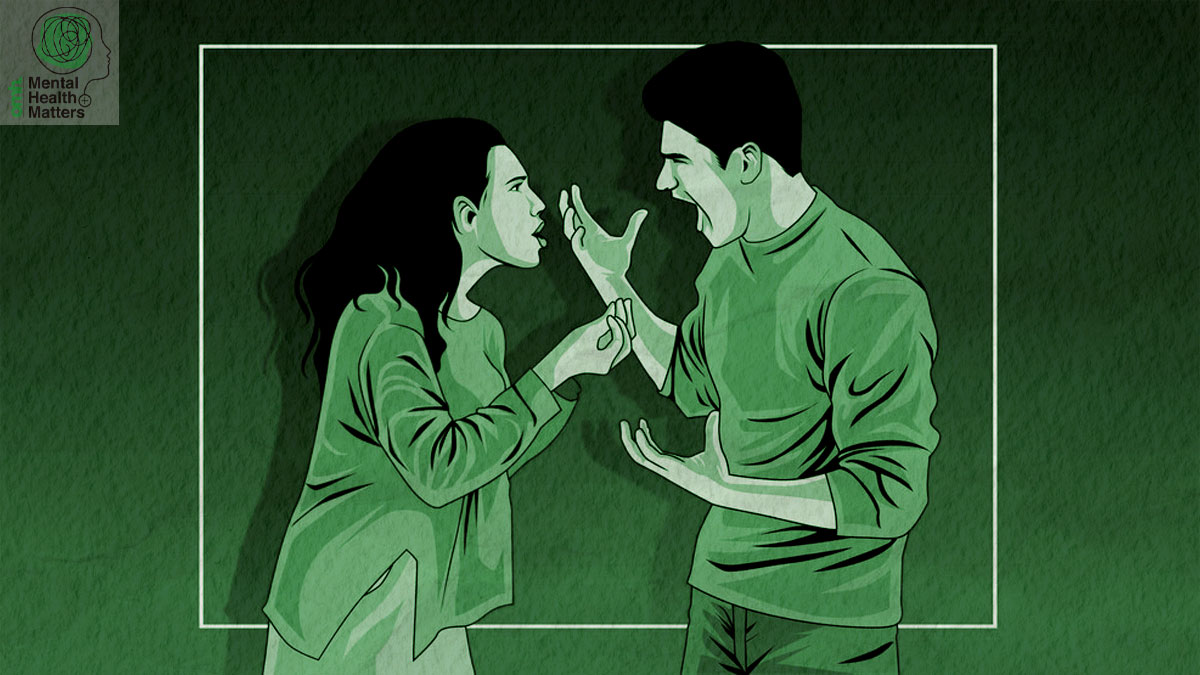
Domestic issues and harassment, as outlined in Atul’s note, are major contributors to mental distress. Atul’s claims of harassment and emotional abuse paint a picture of prolonged strife. He blamed his wife and her family for the turmoil in his life, stating that their actions had left him in an unbearable situation.
Sumalatha Vasudeva, Psychologist, Gleneagles BGS Hospital, Bengaluru, highlighted how domestic conflicts can disrupt mental peace. “Living in a toxic or abusive environment leads to chronic stress, low self-esteem, and feelings of powerlessness. Victims may experience panic attacks, depression, or even PTSD, she said. To heal, individuals in such circumstances must seek therapy and establish a strong support network,” she added.
Unpacking Hopelessness and Suicide Triggers
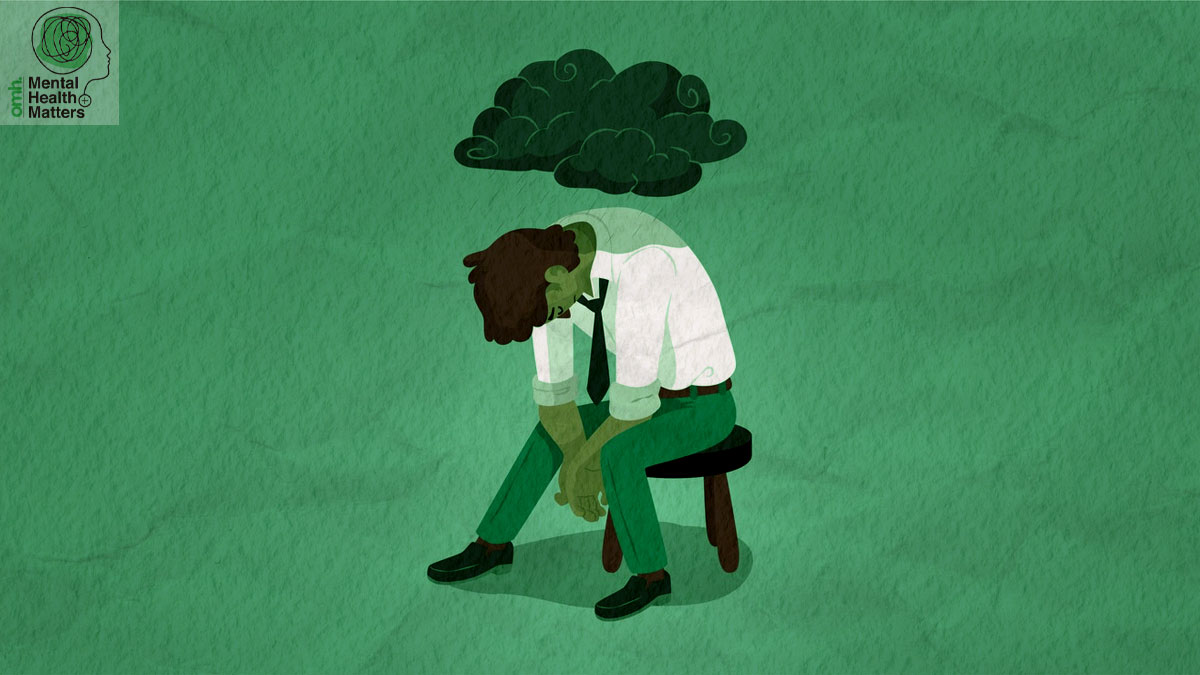
In his video message, Atul expressed feelings of futility and helplessness, stating, “It is better for me to end my life as the money I earn only strengthens my enemies. The courts and police harass me using my own money.”
According to the Journal of Psychiatric Nursing, hopelessness is a key indicator of suicide risk. Understanding the complex factors contributing to suicide can help deliver early interventions that foster hope, build coping skills, and prevent suicidal behavior.
Atul's case underscores the dangers of being caught in a vicious cycle of negative events.
Prolonged stress, unresolved trauma, or repeated setbacks can trap individuals in feelings of hopelessness and despair. Vasudeva explained, “Psychotherapy, especially Cognitive Behavioural Therapy (CBT), can help individuals reframe negative thought patterns and regain control. Setting small achievable goals and focusing on self-care can also reduce stress and improve mental outlook.”
Hopelessness is a significant factor in suicide, often resulting from chronic stress and unresolved trauma. “In such moments, breaking down the problem into smaller, manageable parts and seeking professional therapy can help,” noted Vasudeva. Mindfulness practices and building a strong support network are also essential steps to regain a sense of purpose and control.
Recognising Suicide Triggers
Several factors can contribute to suicidal ideation, including severe depression, financial distress, relationship issues, or a perceived lack of support. Key warning signs include:
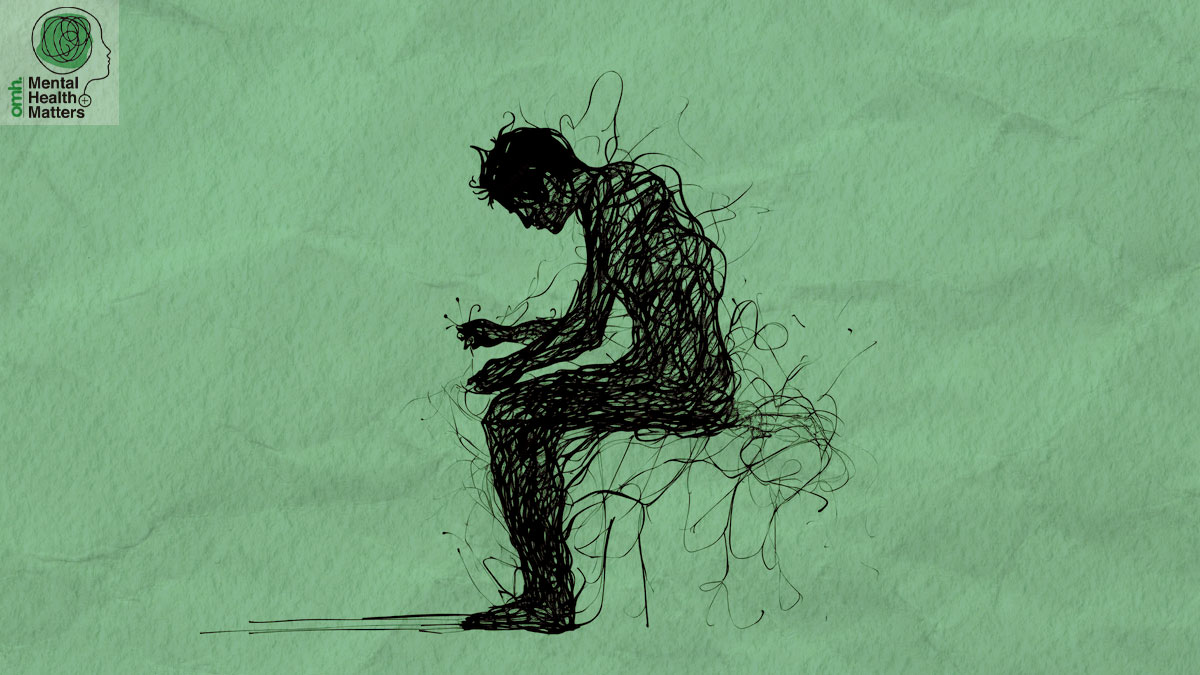
- Withdrawal from social activities
- Drastic mood changes
- Expressions of hopelessness or feeling like a burden
- Giving away possessions or sudden calm after despair
Dr Bangar emphasised the importance of recognising these signs early and taking any talk of suicide seriously. “Encourage open communication and seek professional help immediately if someone exhibits these signs,” he said.
Coping Strategies for Those in Crisis
For individuals feeling trapped in a cycle of despair, it’s important to address both external challenges and internal emotional responses. CBT can help reframe negative thought patterns, while setting achievable goals and focusing on self-care can foster resilience.
Support from loved ones and access to mental health resources are crucial for recovery. Organisations, helplines, and therapy sessions can provide much-needed guidance and reassurance during tough times.
Breaking the Stigma
The Bengaluru techie’s suicide highlights the urgent need for awareness, dialogue, and systemic reforms. By fostering open conversations about mental health, addressing biases in legal systems, and promoting accessible support services, we can help prevent such tragedies.
If you or someone you know is struggling with thoughts of suicide, reach out to a trusted friend, family member, or mental health professional. Every life is valuable, and help is always available.
[Disclaimer: This article contains information provided by an expert and is for informational purposes only. Hence, we advise you to consult your professional if you are dealing with any health issues to avoid complications.]
How we keep this article up to date:
We work with experts and keep a close eye on the latest in health and wellness. Whenever there is a new research or helpful information, we update our articles with accurate and useful advice.
Current Version